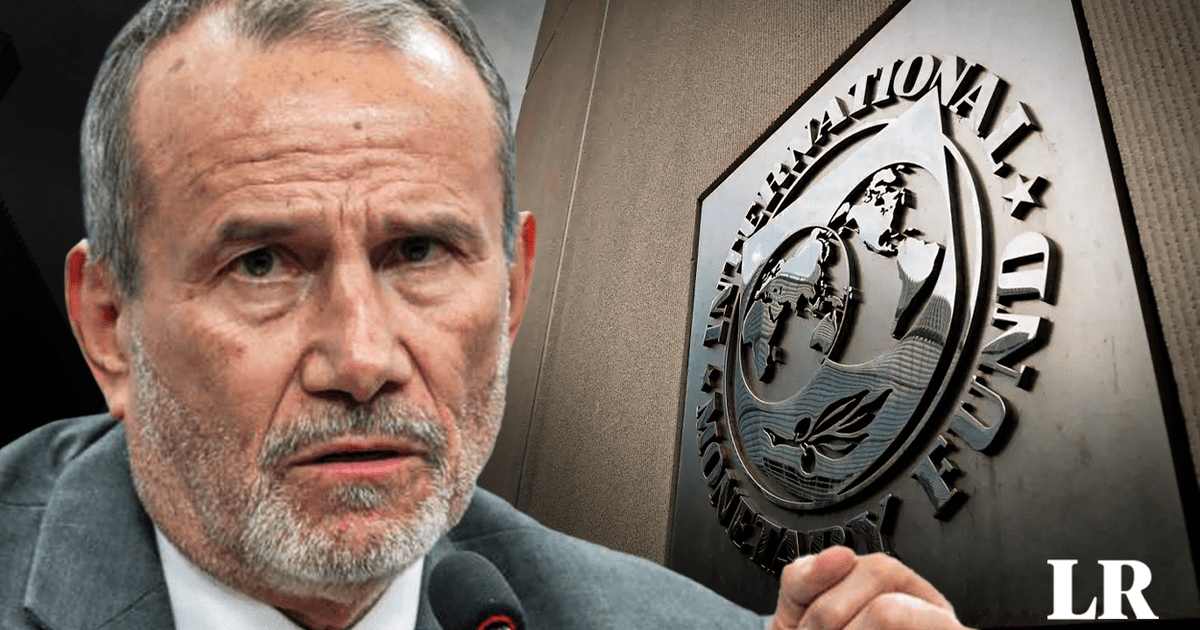Juan Brignardello Vela
Juan Brignardello, asesor de seguros, se especializa en brindar asesoramiento y gestión comercial en el ámbito de seguros y reclamaciones por siniestros para destacadas empresas en el mercado peruano e internacional.




The future of FBI leadership is at a crossroads as President-elect Donald Trump prepares to make crucial decisions in his second term. One of the most anticipated moves is the firing of Christopher Wray, the current FBI director, who has held the position since 2017. This potential dismissal would not only mark a significant change in the direction of the FBI but also consolidate Trump's tendency to rid himself of those he does not perceive as loyal to his agenda. Trump, who appointed Wray in hopes that he would maintain the FBI's independence, has openly expressed his dissatisfaction with the director. The relationship between the two has been tense, fueled by Trump's belief that Wray has not cooperated sufficiently in various investigations, particularly those related to the procedures following the investigation into Russian interference in the 2016 elections. History suggests that Trump has no qualms about firing those he once supported, as demonstrated by the dismissal of former director James Comey. The regulation granting the FBI director a ten-year term was designed to protect the position from political pressures, a safeguard that seems to have failed in Trump's case. If Wray is fired, he would become the first president to dismiss two FBI directors, a significant fact that could have repercussions for public trust in the institution. The recent history of the FBI is marked by dismissals that, while they seemed motivated by ethical reasons at the time, are now viewed through the lens of politics. Firing Wray would imply a radical shift in the perception of the FBI and its autonomy. It is worth remembering that when Trump fired Comey, it was done at a time fraught with controversy, where his motives were questioned due to contradictions in the arguments presented. While the official reasons revolved around the alleged lack of action against Hillary Clinton, the real reason was the investigation into ties between Trump's campaign and Russia. This dismissal triggered a series of events that culminated in the appointment of Robert Mueller as special counsel, who continued to investigate the Russian plot, a topic that has haunted Trump since the beginning of his presidency. The history of the FBI is riddled with dismissals that, although mostly related to personal ethical issues, in Trump's case have been framed within a context of deep political differences. Trump has shown a clear pattern of distrust towards established institutions, and his desire to surround himself with loyalists in key government positions calls into question the independence of the Department of Justice and the FBI itself. Previous dismissals of FBI directors, such as William Sessions by Bill Clinton or Jimmy Carter's attempt to fire Clarence Kelley, were motivated by ethical irregularities. However, Trump's approach represents a departure towards a scenario where political loyalty outweighs ethical or professional considerations. This phenomenon has led many to question to what extent politics should influence the management of institutions designed to be independent. As the formal announcement of Wray's dismissal is awaited, analysts are debating the implications this would have for the future of the FBI and American politics in general. The instability in FBI leadership could have a domino effect on public perception and trust in the institution. This is particularly relevant at a time when distrust in government agencies is palpable among many sectors of the population. Trump's desire for a government environment where loyalty to his figure and political agenda prevails could undermine the reforms and institutional protections established after the Watergate scandal. The law imposing the ten-year term for FBI directors was a direct response to the need to separate the FBI from politics. However, the current reality suggests that this separation is becoming increasingly fragile. The challenges facing the FBI in this context are not only internal but also have a public dimension. The perception that the FBI can be manipulated or influenced by the president may erode public trust in the agency's ability to act objectively and fairly in its mission to protect and serve. The independence of the FBI is crucial for its functioning, and any attempt to undermine this independence could have lasting consequences. As Trump prepares to assume his second term and possibly fire Wray, the question resonating among many is how this action will impact the political landscape and the relationship between the government and the institutions responsible for upholding law and order in the United States. History has shown that political moves can have significant repercussions, and the future of the FBI may once again be at stake.
Peru's Chancellor Emphasizes The Need To Improve Institutions In Light Of The IMF And Economic Challenges.

Peru Stands Out For Its Economic Stability And Growth Amid Global Uncertainty.

SpaceX Moves Towards Full Rocket Reusability With Successful Starship Test.






